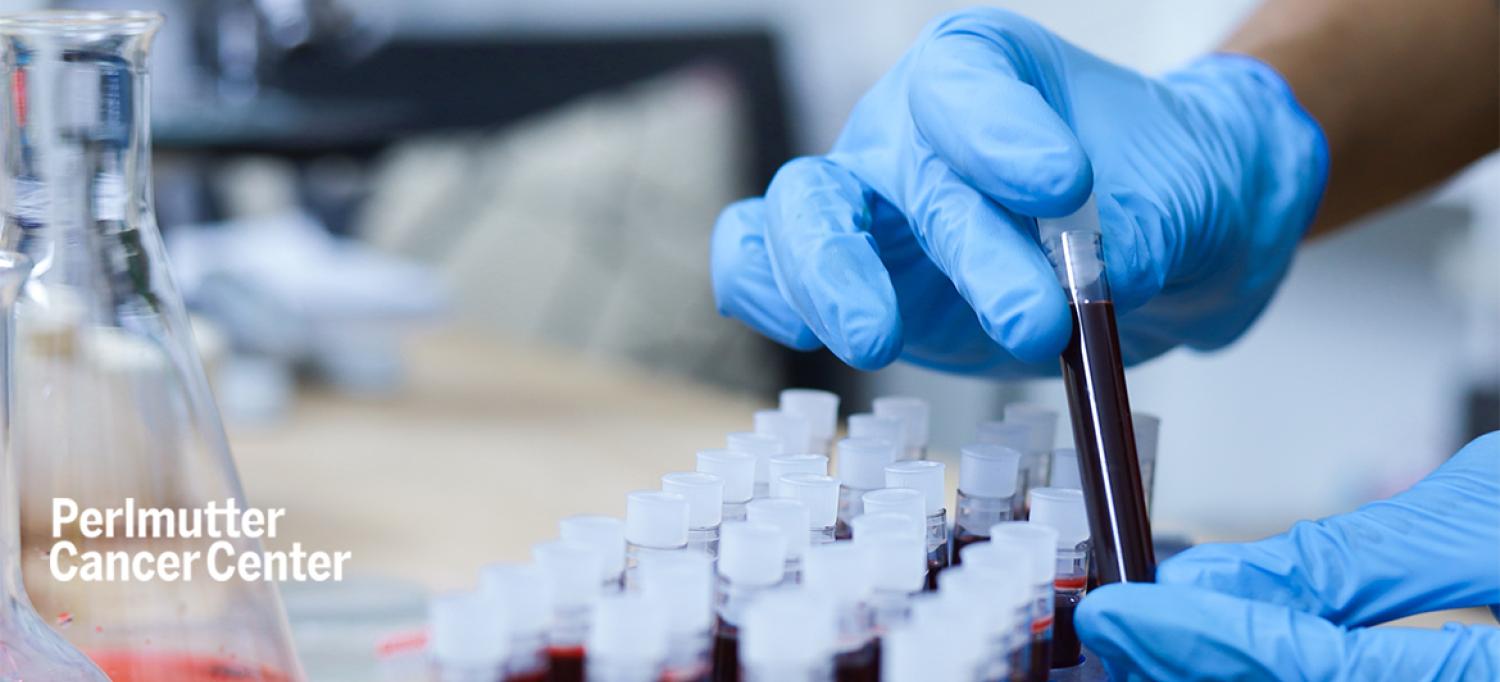
Photo: krisanapong detraphiphat/Getty
Immunotherapies, such as the checkpoint inhibitor pembrolizumab, have improved the survival of people who have triple-negative breast cancer (TNBC), one of the most aggressive forms of the disease. However, immune checkpoint inhibitors can also induce toxic side effects. A phase 3 study at NYU Langone Health’s Perlmutter Cancer Center, led by medical oncologist Sylvia Adams, MD, aims to test de-escalation of treatment with pembrolizumab for people with early-stage TNBC in order to reduce side effects without risking recurrence of their cancer.
The multicenter trial, called OptimICE-pCR, is open to people with early-stage TNBC who have achieved a pathological complete response (pCR), meaning there are no residual cancer cells in the breast tissue and lymph nodes, following neoadjuvant chemotherapy (treatment before surgery) in combination with pembrolizumab.
People enrolled in the study will be randomized to two arms, or groups. Those randomized to the first arm will continue to receive pembrolizumab, while those in the other arm will be observed without more treatment. All patients enrolled in the study will have their blood collected during the study and the follow-up period.
“The main question this study is trying to answer is whether observation is as good as getting more pembrolizumab to prevent cancer from coming back,” said Dr. Adams, who is also director of the Breast Cancer Center at Perlmutter Cancer Center and a professor in the Department of Medicine at NYU Grossman School of Medicine. “It is hoped that patients with an excellent prognosis, selected by pCR, can be spared these extra months of treatments. In addition to monitoring side effects, we also will be looking at quality of life and survival.”

